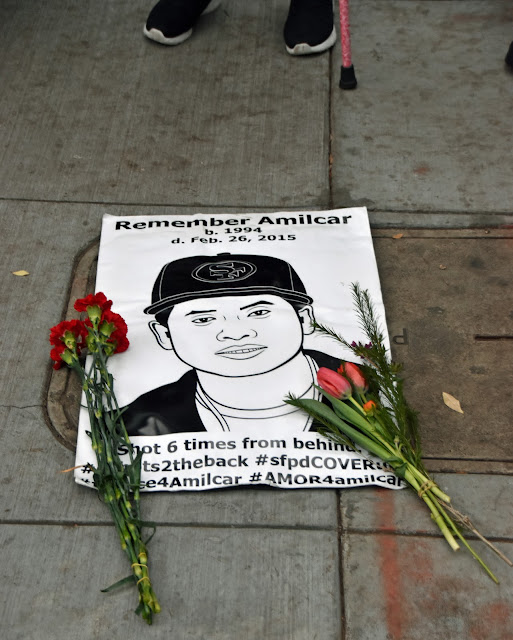Bill McKibben (climate educator and Methodist Sunday School teacher) is promoting a plan to 1) help Europe deal with a likely cut off of heating gas supplies in response to Russia's Ukraine invasion and 2) assist the transition we all need away from fossil fuels and toward sustainable electric power.
Here's his plan ... heavily edited for length.
Heat Pumps for Peace and Freedom
... But [Europe] need cower no longer. New technology—affordable and workable—means Europeans can heat their homes with electricity instead of gas. And if we wanted to we could—before next winter comes—help enormously in this task. President Biden should immediately invoke the Defense Production Act to get American manufacturers to start producing electric heat pumps in quantity, so we can ship them to Europe where they can be installed in time to dramatically lessen Putin’s power. The most recent estimates from Europe I’ve seen is that the current electric grid could handle fifty million heat pumps. We’re not going to get that many over there in a year—but any large number hacks away at Putin’s power.
• The Defense Production Act allows this to happen without having to convince the obstructionists in our Congress....... Business won’t do this on its own. In World War II, the Chamber of Commerce (on the wrong side of virtually every important question for a century) opposed Lend-Lease; Henry Ford, the dominant industrialist of the day, was an America Firster (and anti-Semite). But FDR didn’t let that slow him down. ...
• If manufacturers had a guaranteed federal contract, they could ramp up production quickly: perhaps by fifty percent in a month, and before the summer was out by far more. ...
• We could provide them at cost—or below cost—to Europeans, just as we did with the “lend-lease” program in the run-up to World War II. Europeans know how to install them—about a quarter of heating units installed across the continent last year were these electric heat pumps ....
• If America did this, it would jump start our own capacity ...
• It helps with the climate crisis too—some at least.
• We can do this. Biden could make good on some of his energy promises and some of his manufacturing promises; we could peacefully punch Putin in the kidneys, doing him severe damage without raising the odds of nuclear war; and we could even start to head off the instability and war that will invariably accompany the climate crisis. Heat pumps for peace and freedom!
McKibben is actually talking to people in the bowels of the Biden administration. I heartily urge following McKibben's newsletter, The Crucial Years.





































